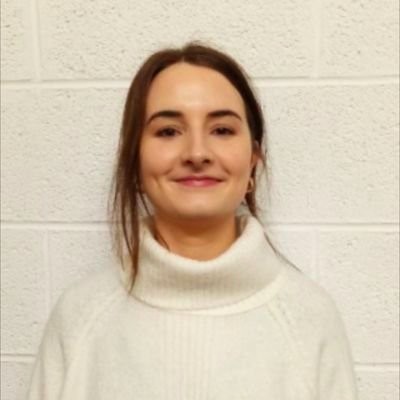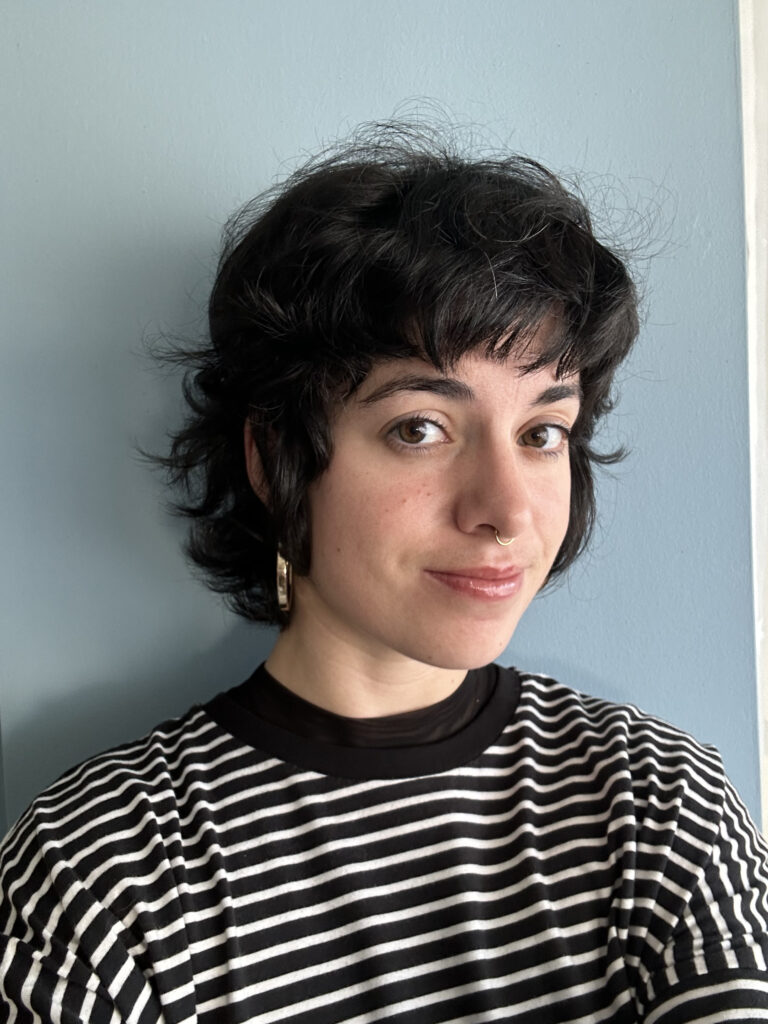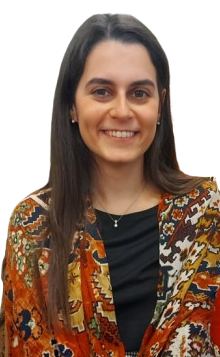Sarah McDonagh

Sarah McDonagh is a researcher, specialising in media accessibility, cultural heritage, and sustainability. Her research interests include digital heritage, particularly contested heritage, and the intersections between sustainability and accessibility.
Sarah has been involved in several national and European projects (Accessibility, Culture, and Training project and Prisons Memory Archive. Additionally, Sarah has been part of the H2020 GreenSCENT (Green Citizen Engagement for a Green Future) project, where she collaborated with an international team to engage people with environmental issues in their local communities through the development of accessible apps, digital platforms and educational resources. She has published in international journals (Journal of Specialised Translation and Universal Access in the Information Society) and recently edited a book with Routledge on the European Green Deal in Education. Sarah is currently involved in two AI projects: ALFIE, which aims to improve the EU’s understanding of AI through expert collaboration and the development of an accessible AI tool, and MOSAIC, which seeks to create a multilingual, AI-driven platform for European media content. She is also a member of the Clear Climate network and a collaborator in the ENACT project. She has also contributed technical reports on accessibility and sustainability as a member of the Study Group on Accessibility and Inclusion in the ITU Metaverse Focus Group.
Marta Brescia-Zapata

Marta Brescia Zapata is a researcher with expertise in Audiovisual Translation and Media Accessibility and a professional translator. Her research interests include audiovisual translation and media accessibility, as well as immersive and interactive digital media.
She holds a PhD in subtitling within VR 360º environments supported by the Catalan Government through the FI funding scheme (2020FI_B 00814). From 2020 to 2022 she collaborated with the EU H2020 TRACTION project, and from 2022 to 2023 she participated in the EU H2020 GreenSCENT project.
She is currently a postdoctoral researcher working on the Athena project, an Erasmus+ project aiming at developing a set of recommendations on integrating accessibility and design for all into the Higher Education curricula.
Aida Villaécija

Aida Villaécija is a linguist and a translator, specializing in Sign Linguistics. She holds a PhD in Translation and Language Sciences from Pompeu Fabra University (2023). Aida’s main research interests are in corpus development and accessibility, as well asmorphology, in both spoken and sign languages.
Since 2019, she has been collaborating with the Institut d’Estudis Catalans (IEC) on the creation of the first reference corpus and the lexical database of Catalan Sign Language(LSC). She has also been involved in several projects related to Catalan Sign Language, such as Microdiachrony in Endangered Languages across Modalities or the Sign-Hub Project.
Currently, she is a postdoctoral researcher involved in the WEL project, working to provide oral texts in Easy Language in cultural visits and video games.